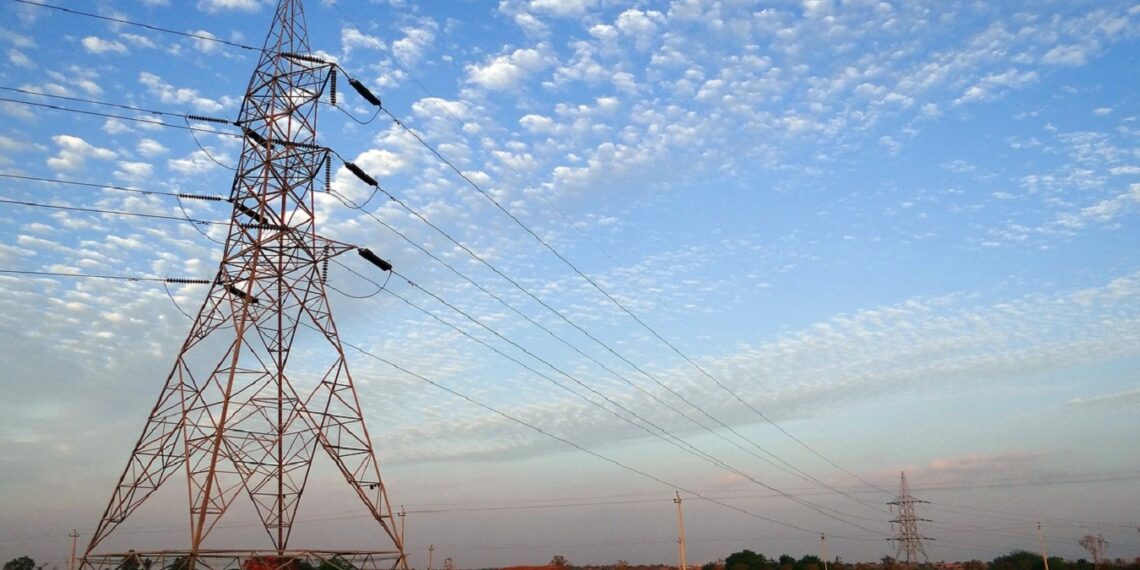SHILLONG: Meghalaya has found itself under the stern gaze of the Union Power Ministry as the Centre issues an ultimatum, demanding an immediate end to its recurrent practice of unwarranted power cuts.
Failing to comply with this directive would result in substantial fines for the state, the Power Ministry said.
During a review meeting on January 18, Union Power Minister RK Singh minced no words, highlighting that gratuitous load-shedding in the state would no longer be tolerated.
Singh stated that such practices are an “insult to the citizens of the country and contradicted the vision of a developed India”.
“We have said that consumers have rights to 24X7 electricity, and if there is any gratuitous load-shedding, then penalties have to be levied and compensation has to be given,” he was quoted as saying by the press.
ALSO READ Meghalaya seeks Centre’s help to tackle power crisis, unlock hydropower potential
Last year, in November, the Meghalaya government had sought Prime Minister Narendra Modi’s intervention to alleviate the persistent power issues.
Power Minister AT Mondal, during a State Power Ministers’ Conference, had sought a special package from the Centre to bolster state’s energy sector.
He had argued that it will be essential for the successful implementation of projects collaboratively undertaken with the National Thermal Power Corporation (NTPC) Limited.
Furthermore, Minister Mondal had informed that Meghalaya had recently formalised memorandums of understanding (MoUs) with the public sector undertaking, covering various aspects, including Power Portfolio Management Services (PMS), the establishment of Pump Storage Power Plants (PSPs), and the implementation of floating solar projects within the state.
Adding to Meghalaya’s energy woes, in May 2023, the Meghalaya High Court had directed the government and MeECL to submit independent affidavits addressing the rampant power cuts in the state.
The division bench, led by former Chief Justice Sanjib Banerjee and Justice W Diengdoh, had mandated the submission of these affidavits within a fortnight.
The affidavits were specifically required to outline immediate, short-term, and long-term measures, projections of demand, and action plans for contingencies such as accidental power plant shutdowns.















